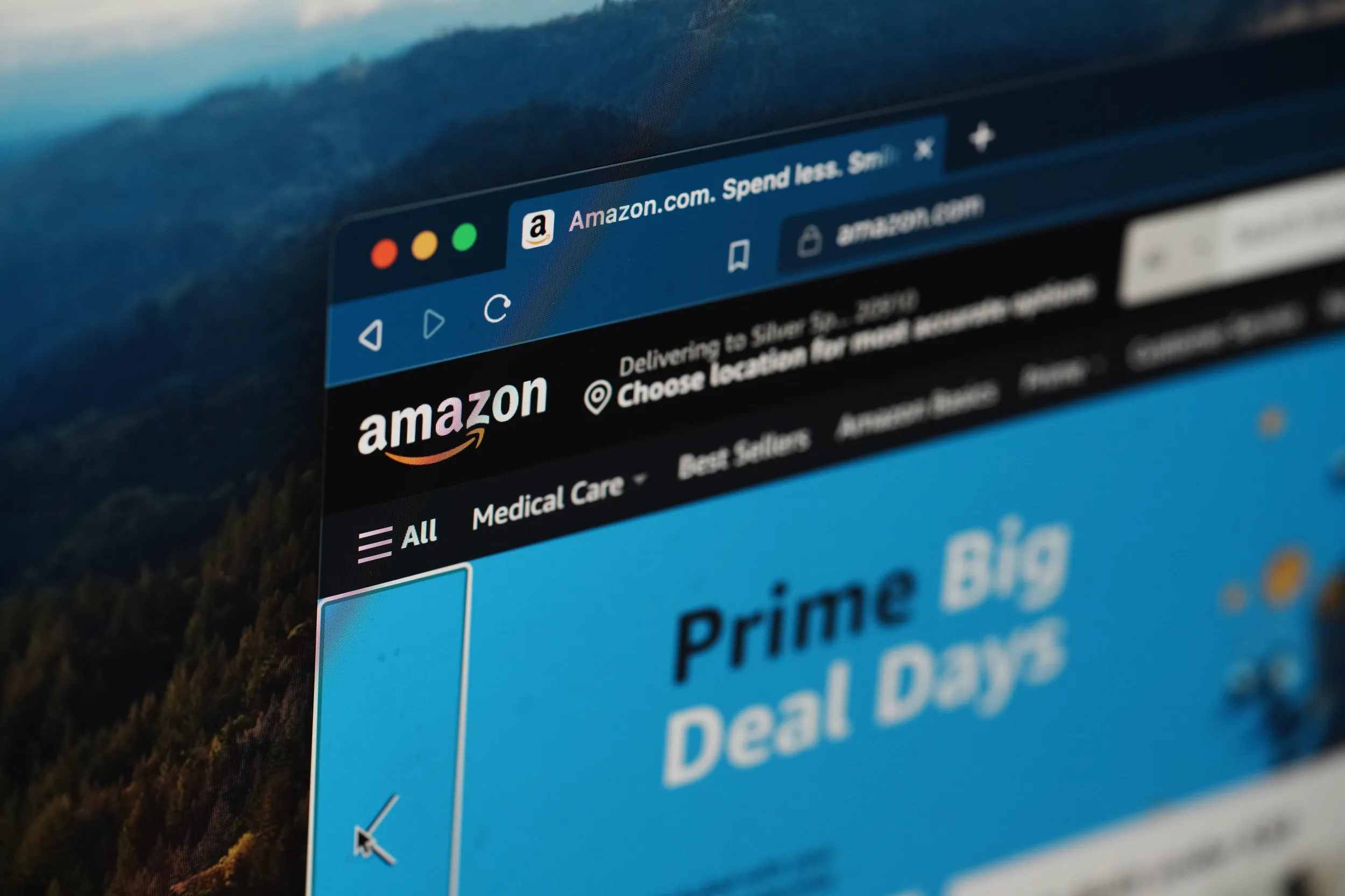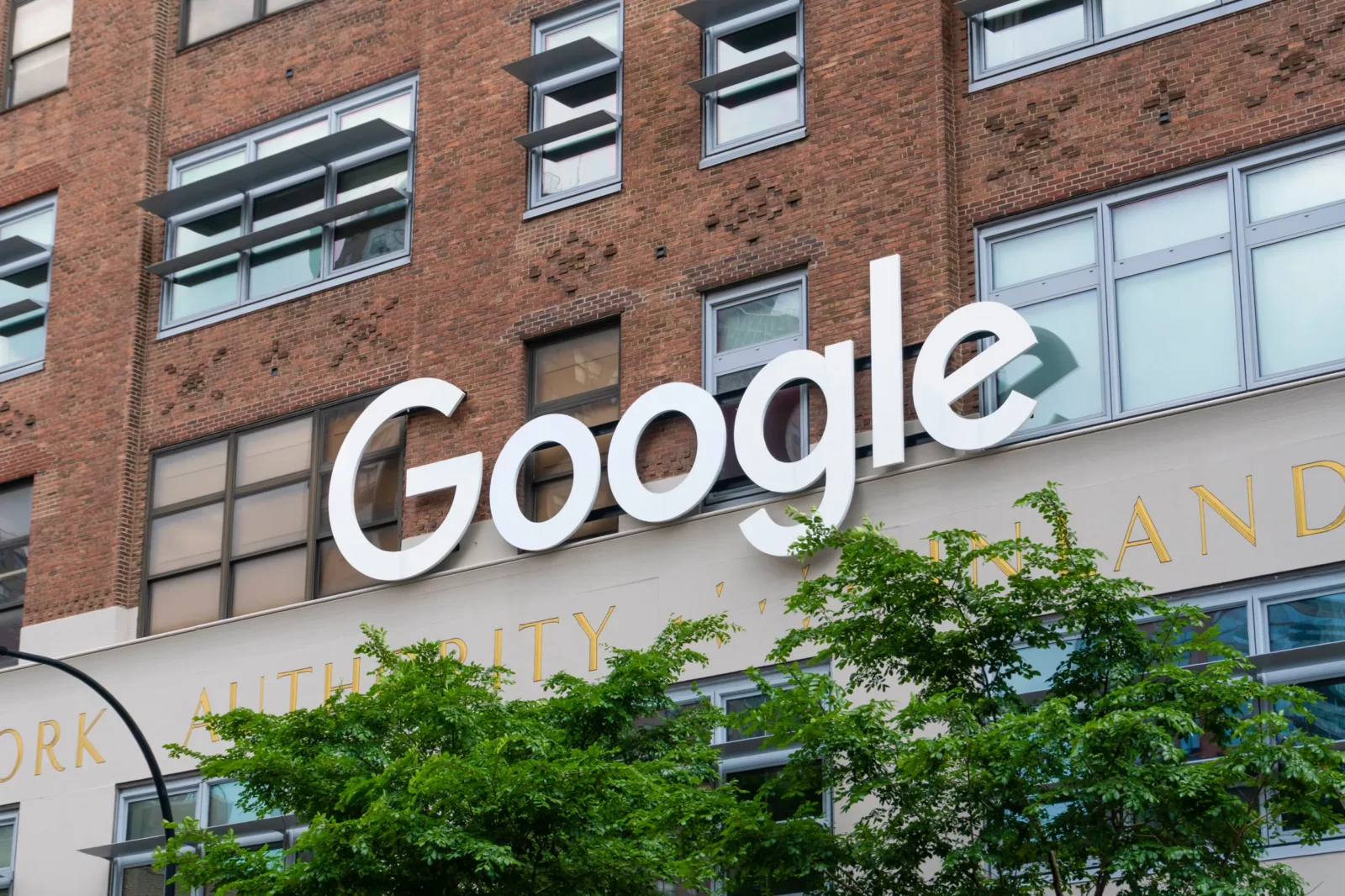Online Competition Thriving Since the Closure of the FTC’s Google Investigation
Today, the Wall Street Journal published an article after getting its hands on a confidential FTC memo from the now settled U.S. antitrust investigation of Google. The document, an internal memo by the FTC’s Bureau of Competition recommending that that the Commission proceed with an antitrust case against Google for a variety of allegedly anticompetitive actions, was mistakenly released in response to a FOIA request. The Journal also reports that the FTC’s Bureau of Economics disagreed with the Bureau of Competition, recommending that the agency not proceed with charges — a recommendation the agency ultimately followed. Also, and perhaps most interestingly, the Bureau of Competition’s recommendation advised against proceeding with the most high-profile accusation, search bias, which is now the focus of the European Commission’s competition investigation. As most DisCo readers probably remember, the FTC eventually voted to close its investigation of Google (and dismissed the search bias accusations outright) after the company addressed several of the practices outlined in the Bureau of Competition’s memo.
Although the WSJ article is certainly an interesting read, the fact remains that there are many checks and balances within the FTC and — with the benefit of hindsight — it is pretty clear that the Commission’s decision not to proceed on the charges of “search bias” was the right call.
Let’s look at what has happened in the marketplace since the FTC settlement.
Since the FTC closed its investigation, consumers have seen healthy competition and the growth of online search tools. Both startups and established brands are aggressively competing to deliver consumers timely and relevant information. Even on its home turf, search engine traffic, Google lost market share last year. (Driven largely by Firefox’s decision to make Yahoo, not Google, its default search provider.) Although this should be important to those antitrust regulators who have fixated on “general purpose search engines” being a distinct market (which is misguided and far too narrow, in my opinion), I think it is more telling how competition across the entire “answer finding” online ecosystem has flourished.
First and foremost, there has been an explosion of innovation and offerings in the mobile applications market, allowing users to bypass the search engine altogether. Established brands are thriving and gaining market share. As far back as 2012, Yelp’s CEO noted that Yelp was “rapidly becoming the de facto local search engine”, and in its Q4 2014 earnings call, noted that year-over-year revenue growth was 62%. Similar results manifest in the travel search vertical, with TripAdvisor noting it had become the web’s “largest travel brand” with revenue growth hitting 35% in Q4 2014. Although Yelp and TripAdvisor are not alone, the fact that Google’s biggest vertical competitors are thriving (and growing faster than Google!) certainly undercuts arguments that competition and consumers have been harmed by the FTC’s final decision. (In fact, Google’s CEO Eric Schmidt noted that the traffic these sites get from Google has grown faster than Google’s own traffic since Google launched its specialized search services.)
As we have discussed in the past, this trend is not surprising. As smart devices flourish around the world, the center of gravity of Internet consumption is shifting from the desktop to mobile, and established Internet brands are struggling to deal with this disruptive shift. (We have also discussed how differences in the mobile marketplace necessitate different approaches to delivering information, which was also at the center of the Google investigation.) Facebook, Google’s biggest advertising competitor, has been more successful in navigating the mobile revolution, as it is increasingly commanding a broader share of the mobile advertising market. This competition has lead to a decrease in Google’s advertising revenue per click; not something you would expect if Google was truly a dominant player in the space.
Apple (Siri), Microsoft (Cortana) and Amazon (Echo) have all launched or expanded competing search assistants that compete directly with Google’s offering. Facebook, in its most recent earnings call, also discussed its continued devotion to developing new search capabilities that rely heavily on its own unique cross section of data:
Search at Facebook is another important effort that we expect to create a lot of value over the next few years. In this quarter, we launched updates to Facebook search to make it easier to find content and posts on mobile and desktop. We’re going to continue listening the feedback from our community and to admit time to build really valuable products here. We’re optimistic about our ability to deliver value that only Facebook is able to provide.
And, as I have argued before, competition is not necessarily just like for like. Pinterest, which has become one of the Internet’s hottest properties, uses a visual bulletin board to help users find what they are looking for. Also, Pinterest doesn’t just help users find what they want, but it also has enormous potential to influence users decisions about what they want, thus making it more attractive to advertisers. As the New York Times notes:
Ultimately, Pinterest aims to do for discovery what Google did for search. That is, instead of knowing what you want and letting Google tell you exactly where to find it, Pinterest wants to introduce people to new experiences and new things to buy.
Not surprisingly, the demand to be included in Pinterest’s first advertising beta program was off the charts, with huge name brand advertisers paying millions of dollars to be included in the trial program. Given the success of the beta test, Pinterest is now selling “promoted pins” to everyone, noting how beneficial they have been in driving traffic to advertisers.
If the FTC had intervened and prevented Google from further evolving its search engine to include more direct answers to users queries (the inevitable result of any “search bias” remedy, which would freeze Google in or near the “10 blue links” paradigm and also mire any algorithmic changes in a morass of bureaucratic red tape), the result would have been a less competitive market. The competitive evolution of the online ecosystem has moved away from the “search engine” model of merely listing websites in response to a query to providing users with direct answers. If users want local restaurant or business reviews, users most frequently consult Yelp directly (often through an app). If users want travel advice, they usually navigate to TripAdvisor. If I asked Siri, Cortana, or Echo a question, she usually returns a direct answer, not a list of places where a potential answer might reside. If I type, “Washington, DC weather” into a Google search, I want to know what the weather is up front. That is more useful to me than a link to a bunch of other websites (and this is why Yahoo and Bing do the same thing). Furthermore, if a user wants a simple list, and not a more advanced attempt to answer the question directly, alternatives such as DuckDuckGo exist. Or, alternatively, users can simply and easily navigate to the links in any of the aforementioned search engines which come after the “one box” answer that appears after the featured content up top.
Looking back from where we are today, the continued innovation and competition online strongly leads one to the conclusion that the FTC got its final decision right. The agency considered a wealth of information, including conflicting recommendations from the Bureaus of Competition and Economics, and arrived at a sensible conclusion. Google, to its credit, altered some of the practices identified as problematic by the Commission’s internal review. The process worked, the Internet is even more dynamic than at the time of the FTC settlement, and consumers have a wealth of new tools and services to help them navigate the ever growing amount of content available on the Internet.








